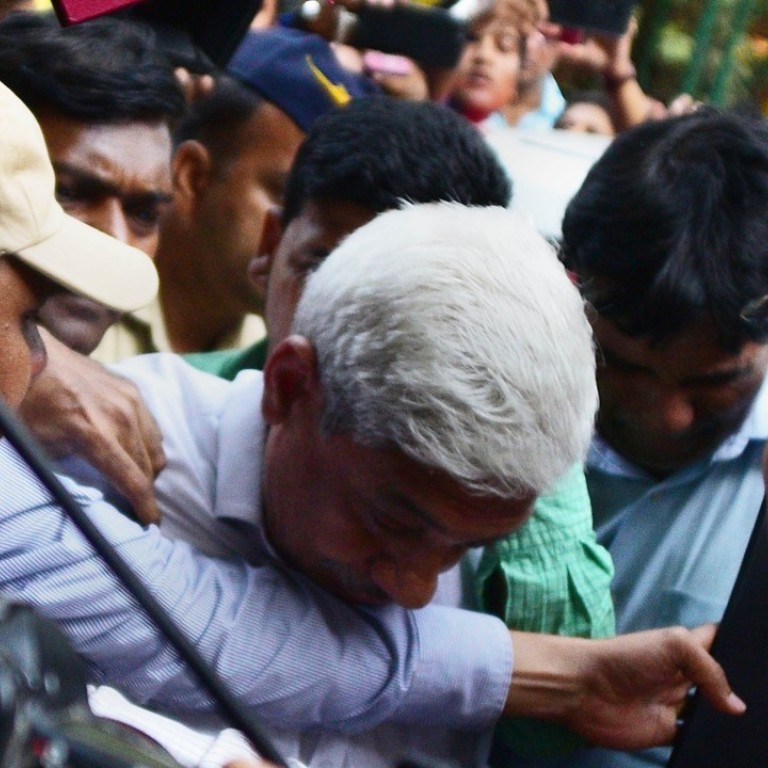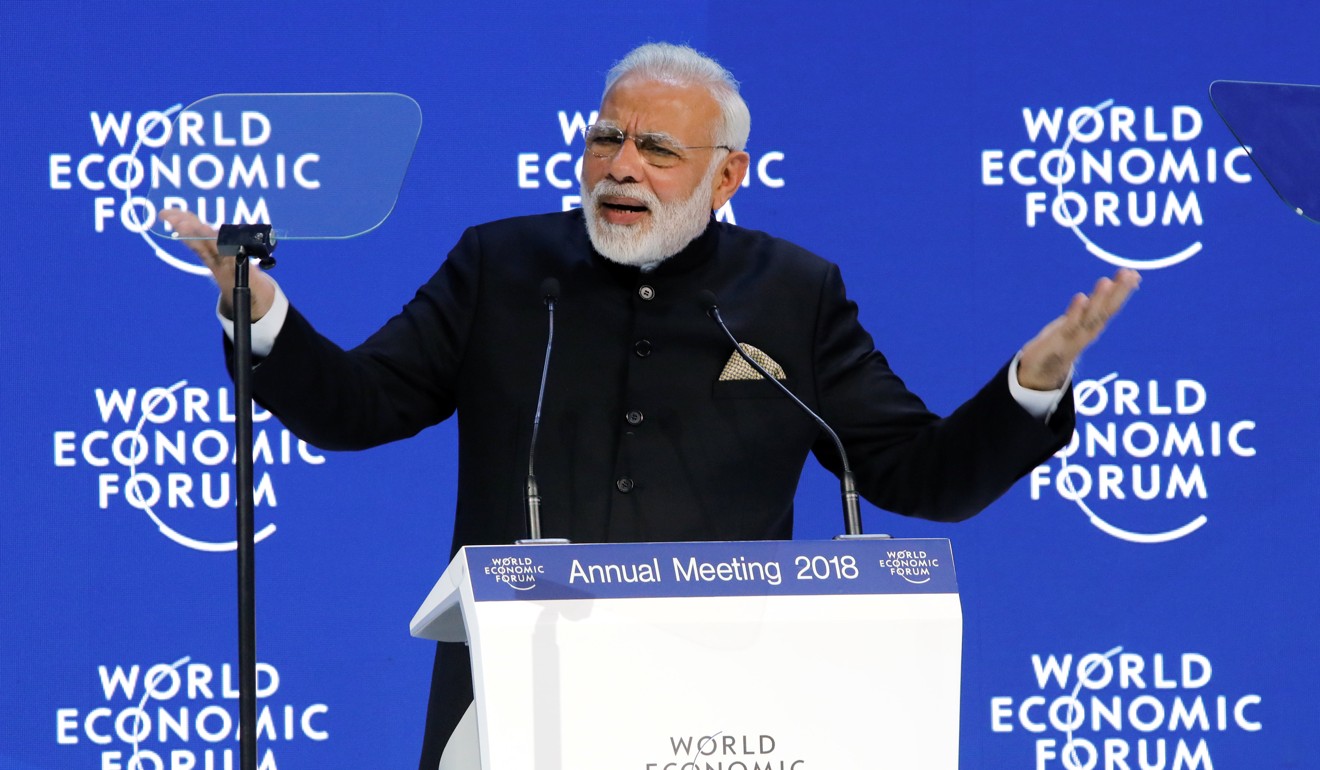
How to rob a bank in India without rumpling your tuxedo
Well-connected businessmen are able to run away with tens of millions of rupees in loans from state-run banks as institutions are manipulated by fat cats
Last week masked men broke into a branch of the Union Bank of India in the city of Kanpur by drilling a hole in the wall. Once inside, they disabled the security cameras, looted the safe deposit boxes and left with cash and jewellery worth tens of millions of rupees.
Newspapers and TV channels accurately described the robbery as sensational and shocking.
But the people of India were far from shocked. Posts and messages on Twitter, Facebook and WhatsApp asked why the thieves had bothered to the rob the bank the old-fashioned way. Didn’t they realise that there was a much easier way? A way that would let you could keep the money, never be brought to account and live in luxury in the world’s most glamorous cities for the rest of your life.

‘Reverse Bank of India’: How note ban has turned a revered institution into a joke
But, police investigators say, both men built their empires on credit that was fraudulently obtained from a single government-owned bank, the Punjab National Bank. The exact figures are in dispute but some estimates put the extent of the fraud at US$1.8 billion.
State-owned banks often give loans worth hundreds of millions of dollars to well-connected businessmen who fail to repay the money. Eventually, the banks complain to the police. But even as the investigations are underway, the businessmen are allowed to leave the country and take up residence in a jurisdiction where they may be beyond the reach of the Indian authorities.
Both Choksi and Modi, for instance, left the country even after the alarm had been sounded.
The robbing of the banks (and “robbing” is the right word) by Indian businesses is not a new phenomenon. According to some estimates, Indian banks have 2 million crore rupees (a crore is an Indian unit equal to 10 million) in bad loans on their books. The official government figure is 800,000 crore rupees.
Two factors distinguish these bad debts. One: the majority of the loans are to top businessmen. And two, 90 per cent of the dodgy loans were given by state-owned banks.
Withdrawal symptoms: cash is still king in India, Modi not so much
Inevitably, Indians treat these figures as proof that the state-owned banks are being manipulated to help fat cats with political connections. Indian investigators have arrested several bank officials though no senior figure has been touched yet. Nor is there any investigation of the political links of those who defrauded the banks.
Indira Gandhi, the grandmother of the current leader of the opposition Congress party, Rahul Gandhi, nationalised India’s largest banks in 1969 in the hope of providing credit to the poor.

Instead, the nationalised banks became sloppily run white elephants that were used as piggy banks by the corporate sector. The chairmen and boards of these banks owe their positions to the government, so nobody will look too hard if a politically well-connected tycoon asks for billions of rupees.
Modi, a dead judge, and ghosts from the past
That picture may be final proof that bank robbers who tunnel into vaults are wasting their time and effort. If they just set up a corporation and made friends with politicians, they would earn billions without doing anything. And they would never get caught or have to pay the money back. ■
A former editor, Vir Sanghvi is a columnist and TV presenter

